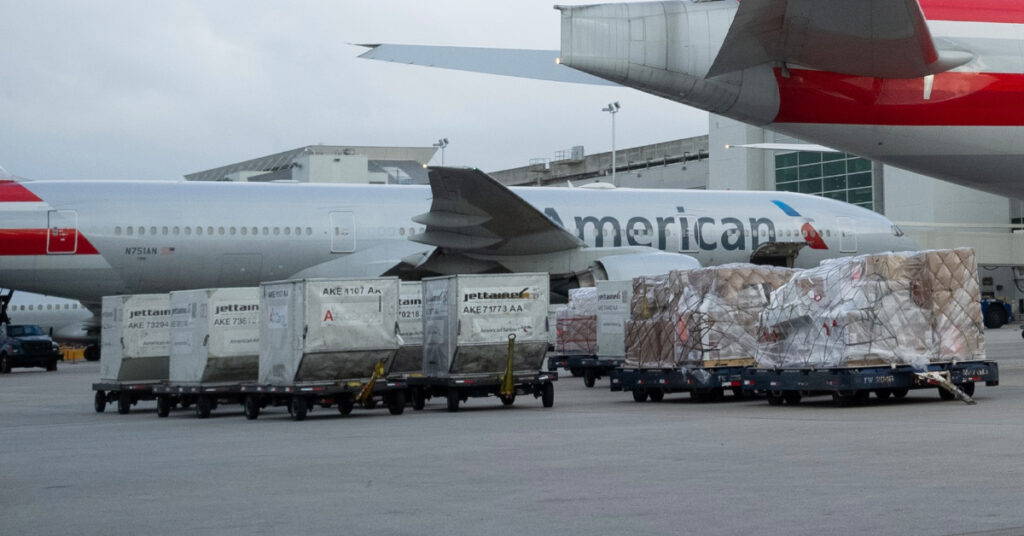American Airlines Transports Its First COVID-19 Vaccine Shipment From Chicago To Miami
The American Airlines Cargo team carried its first shipment of coronavirus (COVID-19) vaccine last night. In close collaboration with pharmaceutical and cargo partners, the airline received the shipment by truck at Chicago O’Hare International Airport…
